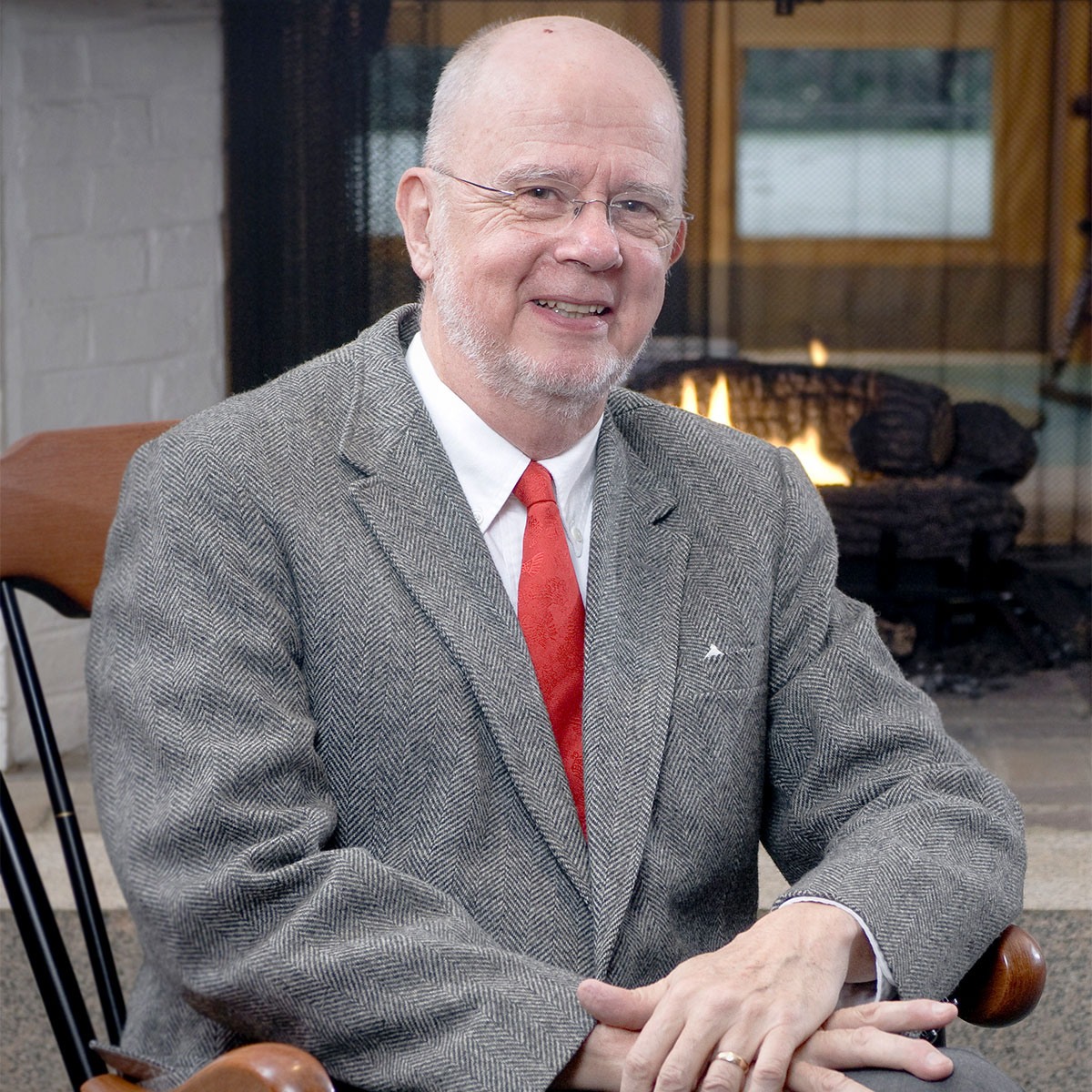Back in the day, it was shouted out at Tony’s or by Myrt at the Horseshoe Bar and Grill in Newark, signifying that evening festivities were coming to an end. For me, the phrase still evokes both warm memories and a bit of regret for time ill-spent.
Sixty years later, “last call” has also become a marker for that part of life now literally upon me. As such, it has become another chance to appreciate my Denison years and to define my later life as well.
The triggering event arrived rudely several years ago, when I was diagnosed with transverse myelitis, or partial body paralysis.
“Look on the bright side,” my doctor said. “Your opinionated part still works!”
Well, I thought, my college friends will be happy about that.
As I remember Denison, last call has become a chance to connect my career as a history professor with those scholars who got me started. One was Guy Stern, who fled Germany in 1937 and returned with the U.S. Army to interrogate Nazis. His distinguished academic career began at Denison; his course on German culture and politics was unforgettable. Other early guides included historian Bill Preston, whose research uncovered the repressive practices of early FBI political lobbying. And political scientist Fred Wirt, who pioneered critical study of public opinion. His Monday quizzes drawn from the New York Times Sunday “Week in Review” laid the groundwork for work to come. (The paper cost 35 cents at White’s.)
I hope my own students felt the critical spirit of these wonderful teachers as I translated them during my career. In any event, retirement loomed upon me in 2005, with my new disability not far behind. Both left me searching for a way to prolong teaching within the confines of a long-term care facility. This was a very different kind of last call.
The solution that I hit upon used a popular website, Ancestry.com, to connect my new “students” — the nursing and therapy professionals who care for me as well as fellow patients — with their own pasts.
A unique aspect of these exercises has been the predictions of some students that I would not find much. Their families, I was told, were comprised solely of “ordinary” and generally forgettable people. Happily, my research uncovered the opposite — notable ancestors appeared everywhere.
One colonial American lineage turned up a man from Salem, Massachusetts, whose sworn testimony freed a teenage girl imprisoned for witchcraft. Then there was the Boston man with the middle name “Tea Party,” which he earned on the wharves at the real event. A French-Canadian woman, whose family migrated to Maine in the 1920s, traced her origins to the first Acadian settlements in the Annapolis Valley, while an Exeter man’s lineage led to Ambrose Swasey, principal donor to Denison’s chapel, then as now a center of campus life.
By helping new inquirers connect with their own past, teacher and student alike become immersed in the flow of present events and our anticipation of change to come. It has been a most rewarding experience, shoring up my own hope for the future.
May you all discover the spirit of Last Call.
Mennel is a professor emeritus of history and humanities at the University of New Hampshire. He lives at Edgewood Centre in Portsmouth, New Hampshire.

